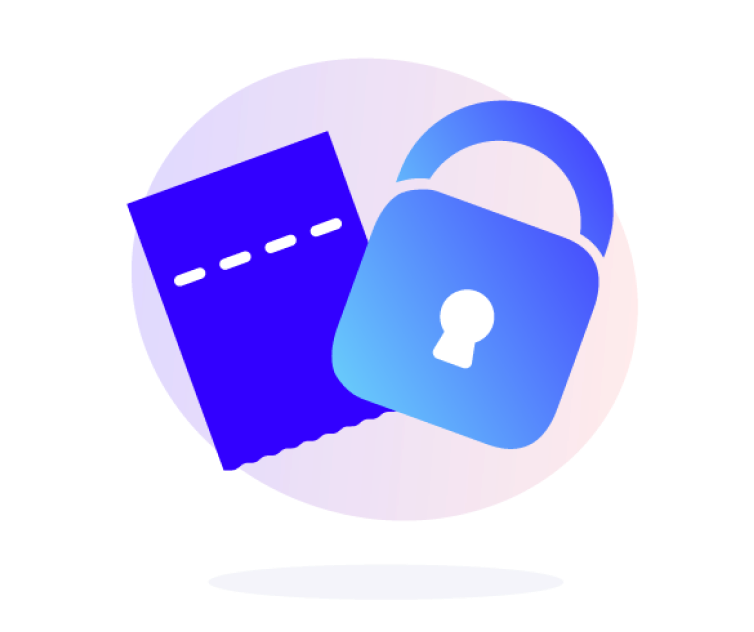
Known fraud attempts
These fraud attempts have already been reported and are known. Please watch out for these, to protect your own security.
The BKA/GEMA computer virus demands payment of a "fine" via paysafecard.
The BKA/GEMA computer virus demands, apparently in the name of BMA/GEMA, that affected users pay a "fine" and threatens to erase the hard disk. If your computer is affected, a pop-up window opens in which a ransom or penalty payment is demanded – payment here is, among other things, to be in the form of paysafecard PINs. Note: paysafecard is not used as a payment form by BKA, lawyers, GEMA or courts as a payment method. So never comply with such demands and on no account pay a "fine" of this kind! You can find more information about the BKA/GEMA virus and news about malicious software and cybercrime at:
https://www.ncsc.admin.ch/ncsc/de/home.html
https://www.tecchannel.de/sicherheit/news/
https://www.computerworld.ch/news/security/
"Windows Update" Trojans demand the installation of a paid Windows licence.
If your computer is a victim of this malware, a "Windows Update" window opens, in which the loss of your data is threatened. You are instructed to buy a paid-for Windows licence. This is supposedly to protect you from the loss of your data. The payment for the update is to be made with a paysafecard PIN. Never comply with this demand and on no account pay, since this is a fraud attempt!
You can find more information on the subject of Trojans in particular at:
Criminals try to defraud you via telephone (e.g. debt relief, promises of prizes and the like).
There are always various attempts at fraud over the phone:
Often the caller claims to be an employee of legal chambers and informs you of a supposed large cash reward, for which a fee of several hundred euros is to be paid for delivery costs and preparation of documentation. This sum is to be paid using paysafecard PINs. Do not comply with this proposal: this is a fraud attempt!
In another fraud attempt, the caller pretends to be a consumer protector and promises to try to get old debts cancelled apart from EUR 300. This sum is to be paid using paysafecard PINs. This too is a fraud attempt!
So always be wary on the telephone and never pass on PINs!
Loan fraud, PPI fraud and promises of rewards
Loan fraud, PPI fraud and promises of rewards are frequent examples in the category of frauds involving advances.
The victims are typically contacted by telephone /email or respond to advertisements which encourage them to make an advance payment for a loan, "Payment Protection Insurance" or a comparable financial reward. The caller often represents himself as an employee of legal chambers or a financial institution and informs you that you are the recipient of a large sum of money. Fake job advertisements and fraud relating to pets are further examples of such tricks. However, they also ask for fees of several hundred euros for the preparation and provision of legal papers etc. It is requested that these payments should be made with paysafecard PINs. In addition, urgency is used as an additional mechanism to exert pressure, in order to push the victim into giving an immediate reply.
Do NOT accept such demands: this is fraud - credits will not be honoured!
https://www.actionfraud.police.uk/fraud-az-advance-fee-fraud

Block paysafecard PIN(s)
In the event of a fraud attempt, you can block your paysafecard PIN(s) around the clock. In this way, your current PIN credit is immediately protected from further attacks.
Please note: after you block your paysafecard PINs, they can no longer be used for payment! However, you can apply for reimbursement of your current credit.